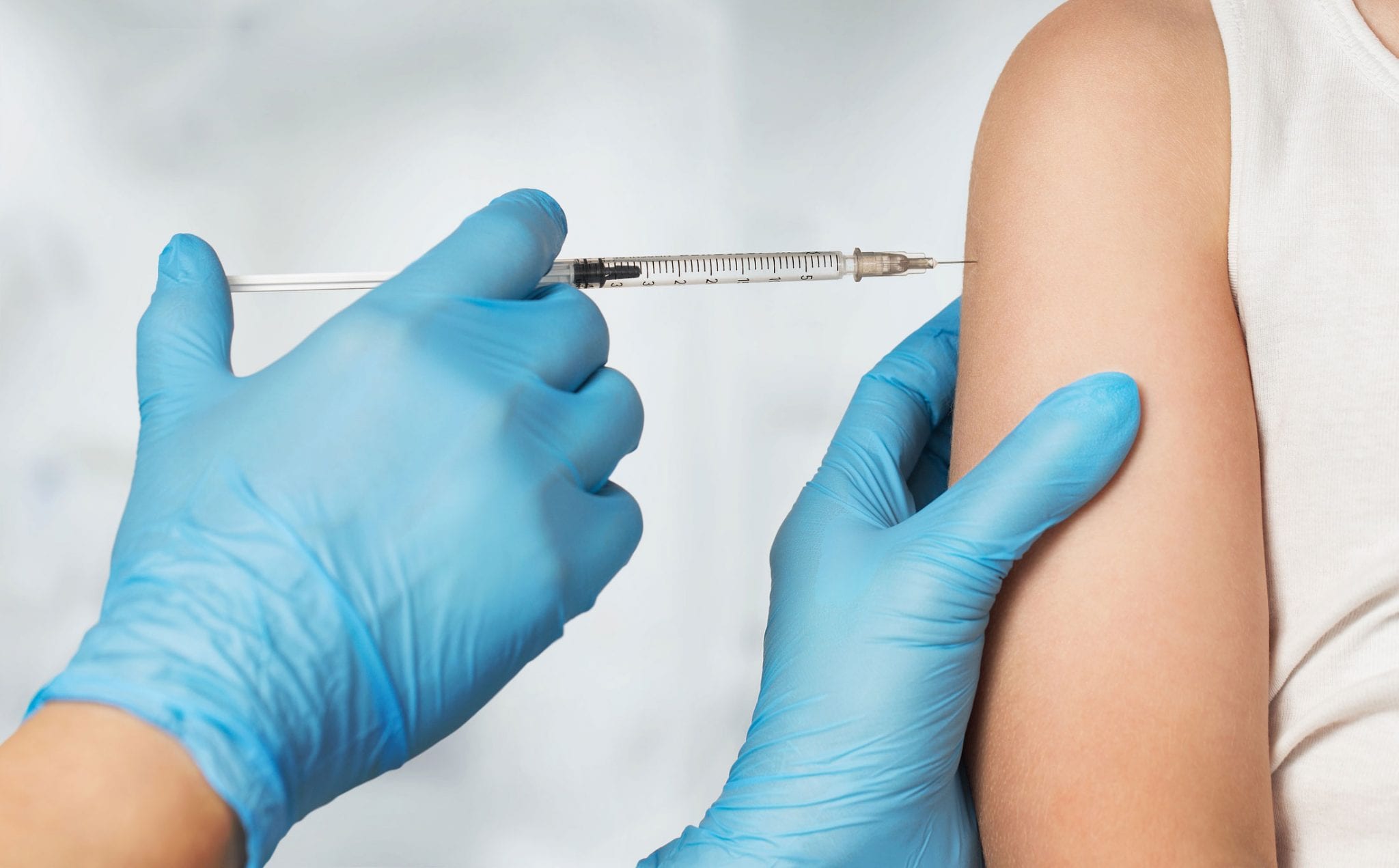<< Back
Here’s How UConn Coach Geno Auriemma Could Test Positive Despite COVID Vaccination

March 18, 2021
UConn women’s basketball coach Geno Auriemma expressed “complete shock” earlier this week after testing positive for COVID-19, leaving him at home isolating while his team traveled to San Antonio for a first-round NCAA Tournament game against the University of Texas.
Maybe it was because he had been tested daily since March 9 as part of the NCAA Tournament protocol. For some, it might have seemed shocking that Auriemma became infected despite receiving the second dose of the COVID-19 vaccine only four days earlier.
When Auriemma tested positive, however, he was still 10 days from being fully vaccinated — defined by the Centers for Disease Control and Prevention as at least two weeks after the second dose of a two-dose vaccine (Pfizer-BioNtech and Moderna) or one dose of a single-dose vaccine (Johnson & Johnson).
Studies have shown it takes 14 days after the final dose to develop immunity.
It’s still uncertain, says the CDC, if someone fully vaccinated can still spread the virus. But the vaccine prevents symptomatic COVID-19, say CDC officials. Auriemma, 66, who has experienced no symptoms, can rejoin his team after 10 days in isolation.
“The positive thing (about Auriemma’s situation) that we really need to focus on is the fact that he’s asymptomatic,” says Keith Grant, Hartford HealthCare’s Senior System Director of Infection Prevention. “A lot of these cases we do expect. But if someone does become positive, the vaccine reduces their course of infection. According to the CDC, there’s growing evidence that fully vaccinated people are particularly less likely to transmit the virus to others.”
Still, once vaccinated, you should wear a mask, practice physical distancing and avoid crowds and inadequately ventilated spaces.
Here’s what the CDC knows about the vaccines:
- They effectively prevent COVID-19, particularly severe illness and death.
- Vaccinated people are much less likely to spread the virus, at least according to early data.
Here’s what remains uncertain:
- The vaccines’ effectiveness against COVID-19 variants.
- Whether we’ll need a booster shot to protect against the variants.
- How well vaccines stop the spread of the virus.
- How long they offer protection.
Once vaccinated, however, the CDC says it’s safe to:
- Gather indoors, maskless, with other fully vaccinated people.
- Gather indoors, maskless, with unvaccinated people from a single household, such as a neighbor’s family or relatives, unless anyone in that household is at increased risk of severe illness from COVID-19.
- Gather with others even if you’ve been exposed to someone who has COVID-19. You do not need a test unless you have symptoms. The exception: If you live in a group setting, such as a group home, avoid others for 14 days and get tested if exposed to someone who has COVID-19.